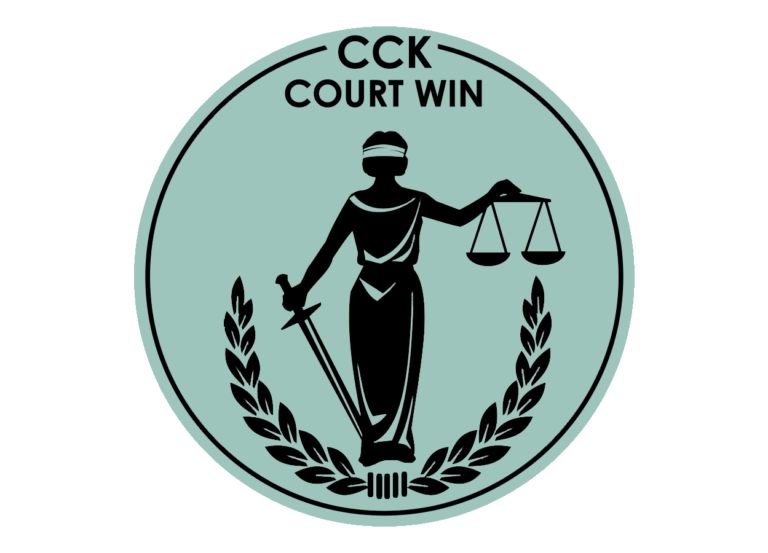Denial of initial disability rating in excess of 70 percent for PTSD was erroneous

Summary
The Veteran served on active duty in the U.S. Army from 1967 to 1970, including two tours in Vietnam. He earned several decorations for his service. In December 2008, the Veteran filed a claim for service connection for post-traumatic stress disorder (PTSD), and the following July, the Regional Office granted his claim and assigned a 30 percent disability evaluation, which the Veteran appealed. In January 2014, a Decision Review Officer granted him an assigned rating of 70 percent, but no higher, effective 2008. The Veteran sought an increased rating based on entitlement to Total Disability Based on Individual Unemployability (TDIU) in May 2015.
The RO denied the Veteran an increased rating for his PTSD and entitlement to TDIU in January 2015, and he timely disagreed.
Board denied increased rating for PTSD and extraschedular referral
In September 2016, the Board denied him higher ratings for his PTSD on both schedular and extraschedular bases, but it remanded the issue of entitlement to TDIU for an examination to determine his ability to function in an occupational environment as well as the functional impairment his PTSD caused.
CCK appeals PTSD denial to the Court
CCK successfully appealed to the Court the denial of an increased rating for the Veteran’s PTSD in excess of 70 percent. In its decision, the Board failed to address numerous pieces of relevant evidence that demonstrate the Veteran’s PTSD more nearly approximates the 100 percent rating criteria.
CAVC agrees with CCK’s arguments
CCK argued, and the Court agreed, that the Board erred when it determined the Veteran’s symptoms did not show he was totally socially impaired. The Veteran testified that he had visions of things that were not there. He also reported seeing people he served with, and he reported seeing his brother who died in 1968. He also engaged in drinking to self-medicate and admitted to “alcohol blackouts,” and he was jailed for drunk driving. He did not follow rules and has walked uninvited in other people’s homes. He was also in persistent danger of hurting himself or others. In fact, his family had to move out of their residence which was several stories high because he would sometimes threaten to run outside and jump off the balcony. Further, the Veteran lost some of his teeth because he did not brush them, and his wife had to brush the bridges that he needed to restore his teeth. Although his psychologist told him he needed to shower daily, the Veteran did not shower for a three day span.
However, the Board failed to discuss any of this evidence or consider whether it warranted a higher disability rating. Thus, on remand, the Board must sufficiently analyze whether the symptoms noted above warrant a 100 percent rating for PTSD.
About the Author
Share this Post
